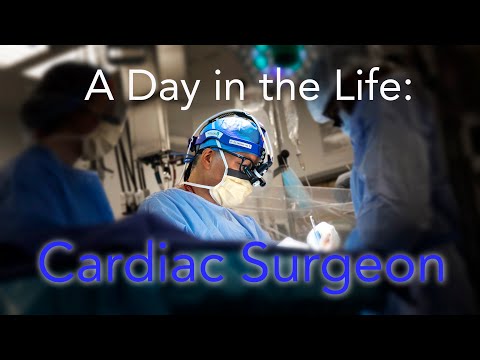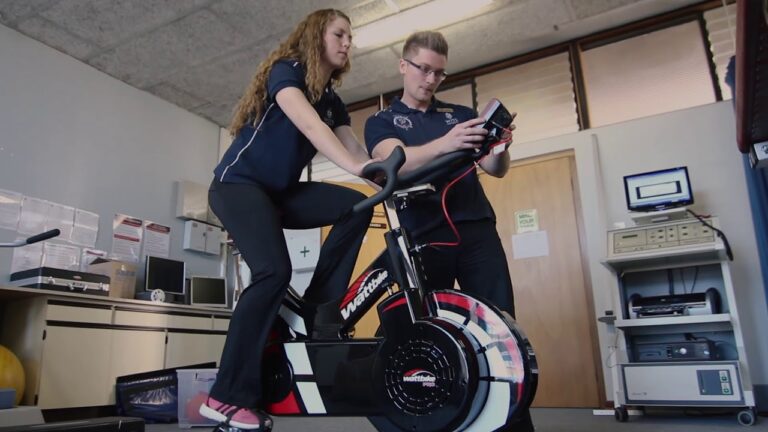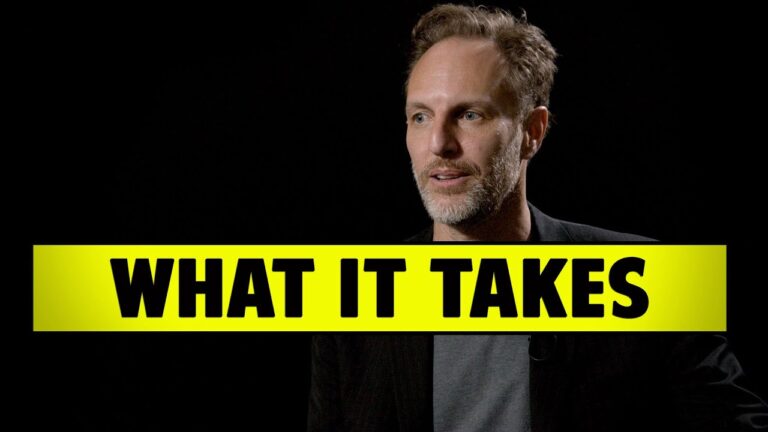Cardiac Surgeon: Job Description and Salary Revealed!

Cardiac Surgeon Job Description Template
Cardiac Surgeon Job Description A cardiac surgeon is a highly skilled medical professional who specializes in performing surgical procedures on the heart and blood vessels. Their main responsibility is to diagnose and treat various heart conditions, such as coronary artery disease, heart failure, and congenital heart defects. Cardiac surgeons work closely with a team of healthcare professionals, including cardiologists, anesthesiologists, and nurses, to ensure the best possible outcomes for their patients. They perform a wide range of procedures, such as coronary artery bypass grafting, heart valve repair or replacement, and heart transplantation. In addition to performing surgeries, cardiac surgeons are also responsible for preoperative and postoperative care. They assess patients’ medical histories, conduct physical examinations, and order diagnostic tests to determine the most appropriate treatment plan. They also provide counseling and education to patients and their families regarding the surgical procedure and postoperative care. Being a cardiac surgeon requires exceptional surgical skills, attention to detail, and the ability to make critical decisions in high-pressure situations. They must stay updated on the latest advancements in cardiac surgery techniques and technologies. Strong communication and interpersonal skills are also essential to effectively collaborate with the healthcare team and address patients’ concerns. In summary, a cardiac surgeon plays a crucial role in diagnosing and treating heart conditions through surgical interventions. Their expertise and dedication contribute to improving patients’ quality of life and overall cardiovascular health.Cardiac Surgeon Responsibilities
Cardiac Surgeon Requirements
How Much Does A Cardiac Surgeon Make?
Cardiac Surgeon Salary
| Experience Level | Annual Salary |
|---|---|
| Entry Level | $300,000 – $400,000 |
| Mid-Career | $400,000 – $600,000 |
| Experienced | $600,000 – $800,000 |
| Senior Level | $800,000+ |
A cardiac surgeon is a highly skilled medical professional who specializes in performing surgical procedures on the heart. They are responsible for diagnosing and treating various heart conditions through surgery. The salary of a cardiac surgeon can vary depending on factors such as experience, location, and the type of healthcare facility they work in. On average, an entry-level cardiac surgeon can earn an annual salary ranging from $300,000 to $400,000. As they gain more experience and advance in their careers, the salary can increase significantly. A mid-career cardiac surgeon can expect to earn between $400,000 and $600,000 per year. Experienced cardiac surgeons, who have been practicing for many years and have a strong reputation, can earn salaries ranging from $600,000 to $800,000 annually. Those at the senior level, who are highly experienced and often hold leadership positions, can earn $800,000 or more per year. It’s important to note that these figures are just estimates and can vary depending on individual factors. Cardiac surgery is a demanding and specialized field, and the high salary reflects the level of skill, expertise, and dedication required in this profession.
Cardiac Surgeon Salaries by Country
Top Paying Countries for Cardiac Surgeons
| Country | Average Salary (USD) |
|---|---|
| United States | $563,000 |
| Switzerland | $455,000 |
| Australia | $410,000 |
| Germany | $380,000 |
| United Kingdom | $360,000 |
Cardiac surgeons are highly skilled medical professionals who specialize in performing surgeries on the heart and blood vessels. These surgeons play a crucial role in treating various heart conditions and saving lives. The salaries of cardiac surgeons vary significantly across different countries. According to recent data, the top paying countries for cardiac surgeons include the United States, Switzerland, Australia, Germany, and the United Kingdom. In the United States, cardiac surgeons enjoy the highest average salary, amounting to approximately $563,000 per year. Switzerland follows closely with an average salary of $455,000, while Australia, Germany, and the United Kingdom offer average salaries of $410,000, $380,000, and $360,000, respectively. These high salaries reflect the demanding nature of the profession and the extensive training and expertise required to become a cardiac surgeon.
A video on the topic Cardiac Surgeon
Video Source : RWJBarnabas HealthInterview Questions for Cardiac Surgeon
1. What made you decide to become a Cardiac Surgeon?
I have always had a passion for medicine and a strong interest in the cardiovascular system. The idea of being able to save lives and improve people’s quality of life through surgery was incredibly appealing to me.
2. What are the most common cardiac surgeries you perform?
As a cardiac surgeon, the most common surgeries I perform include coronary artery bypass grafting (CABG), heart valve repair or replacement, and heart transplant.
3. How do you prepare patients for cardiac surgery?
Patient preparation for cardiac surgery involves conducting a thorough medical evaluation, discussing potential risks and benefits, and ensuring that the patient is physically and mentally prepared for the procedure. This may include lifestyle changes, medication adjustments, and pre-operative tests.
4. What role does technology play in modern cardiac surgery?
Technology plays a crucial role in modern cardiac surgery. It has enabled us to perform minimally invasive procedures, use robotic-assisted techniques, and utilize advanced imaging for accurate diagnosis and surgical planning. It has also improved the success rates and outcomes of surgeries.
5. How do you manage complications during cardiac surgery?
During cardiac surgery, complications can arise, such as bleeding, infection, or complications related to anesthesia. We have a highly trained surgical team that is well-prepared to handle any complications that may arise. Close monitoring, timely intervention, and effective communication are key in managing these situations.
6. What advancements do you foresee in the field of cardiac surgery?
I believe we will continue to see advancements in minimally invasive techniques, such as the development of smaller instruments and improved imaging technology. Additionally, the use of regenerative medicine and tissue engineering may revolutionize the way we treat heart diseases in the future.
7. How do you ensure patient safety during cardiac surgery?
Patient safety is of utmost importance during cardiac surgery. We follow strict protocols and guidelines, conduct thorough pre-operative evaluations, and use advanced monitoring systems during surgery. Additionally, we have a dedicated team of healthcare professionals who work together to ensure the highest level of patient safety.
8. How do you stay updated with the latest advancements in cardiac surgery?
As a cardiac surgeon, I regularly attend conferences, workshops, and seminars to stay updated with the latest advancements in cardiac surgery. I also actively engage in research and collaborate with other experts in the field to exchange knowledge and learn from each other.
9. What advice do you have for aspiring cardiac surgeons?
My advice for aspiring cardiac surgeons is to pursue a strong foundation in medicine, excel academically, and gain as much clinical experience as possible. It is also important to develop excellent communication and teamwork skills, as cardiac surgery requires collaboration with various healthcare professionals.
10. What is the most rewarding aspect of being a cardiac surgeon?
The most rewarding aspect of being a cardiac surgeon is the ability to make a significant positive impact on patients’ lives. Knowing that I have played a role in saving someone’s life or improving their quality of life is incredibly fulfilling and drives me to continue pursuing excellence in my field.






